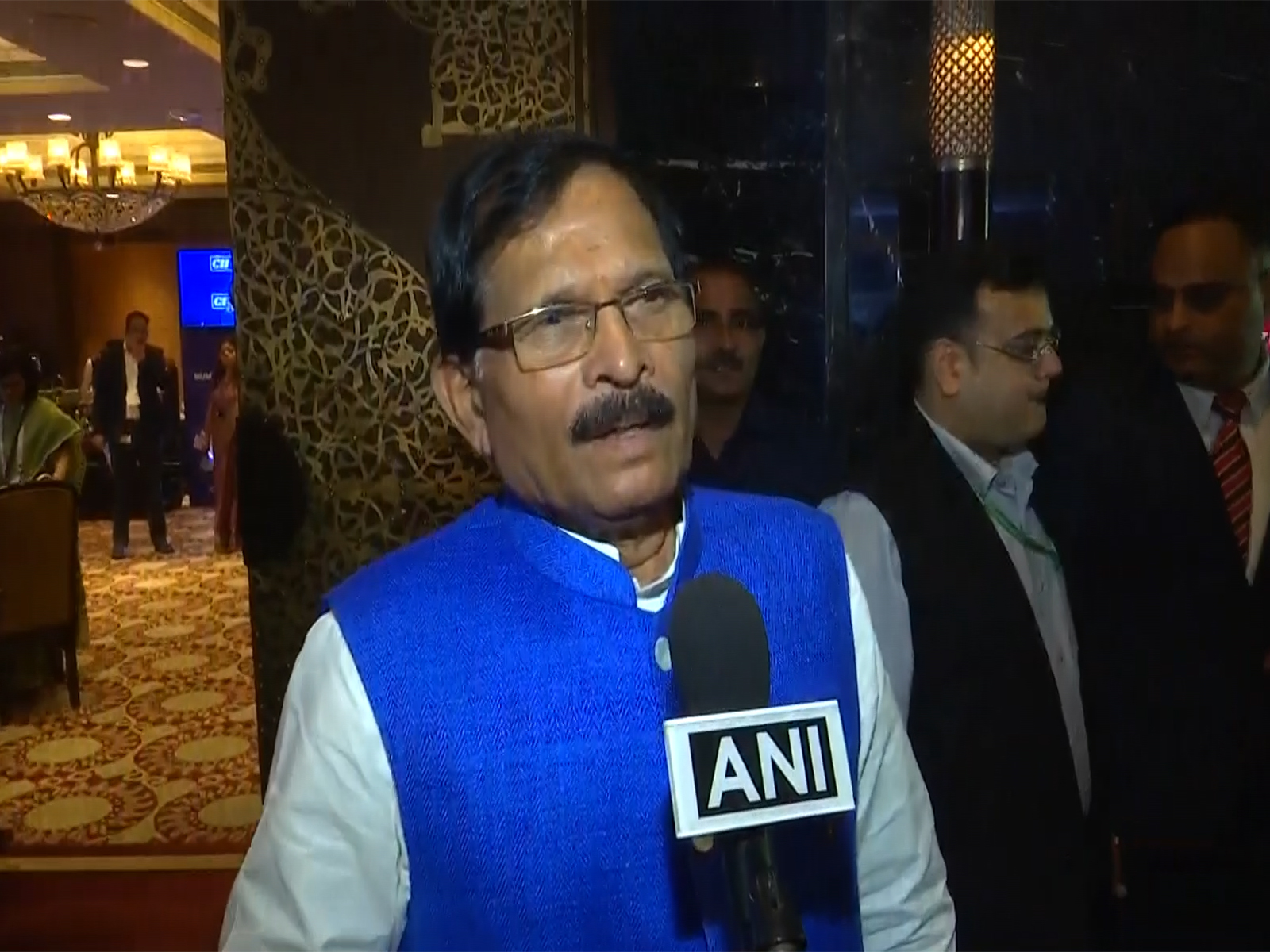By Kaushal Verma
New Delhi [India], September 22 (ANI): The government is trying to enhance energy storage capacity in the country, including through storage batteries, Shripad Yesso Naik, Minister of State (MoS) for Power and New and Renewable Energy, has said.
“We are trying to increase the work on battery storage because electricity, if produced, cannot be stored if there are no batteries around,” the minister told ANI on the sidelines of the 6th International Energy Conference and Exhibition in New Delhi.
The government is significantly promoting battery energy storage systems (BESS) to support its massive renewable energy targets. Key initiatives include allocating Rs. 5,400 crore in Viability Gap Funding (VGF) for new BESS, extending Inter-State Transmission System (ISTS) charge waivers, and establishing Energy Storage Obligations (ESOs) to ensure future capacity.
The government also has a National Framework and Long-Term Trajectory for ESS to guide development up to 2032 and beyond, aiming to meet large-scale requirements for grid stability and round-the-clock power supply.
The minister also extended his wishes to all on World Energy Storage Day. It is observed on September 22 to highlight the critical role of energy storage in the transition to sustainable energy.
Organised by global stakeholders, including industry bodies like the India Energy Storage Alliance (IESA), WESD aims to promote energy storage, e-mobility, and green hydrogen technologies through international conferences and other initiatives.
The government is focusing on energy storage as it is the need of the hour, he said. It will help the country store sufficient energy and utilise it later.
A scheme in this regard would be launched in the near future, but work on this sector is already in progress, the minister said, adding that work on increasing energy capacity to 60 gigawatt has been started. The tender in this regard has also been floated.
The government plans to increase energy storage capacity to 60 GW by FY32, driven by a focus on integrating variable renewable energy and a Production-Linked Incentive (PLI) scheme for battery manufacturing.
Key initiatives include Energy Storage Obligation (ESO) targets, a new energy storage policy, and the encouragement of Pumped Storage Projects (PSP). The goal is to build a stable and dependable renewable energy future, positioning India as a global hub for battery manufacturing and energy storage.
The Ministry of Power earlier introduced ESO targets under the revised Renewable Purchase Obligation (RPO) framework to ensure grid stability as renewable energy capacity grows. (ANI)
(The article has been published through a syndicated feed. Except for the headline, the content has been published verbatim. Liability lies with original publisher.)







